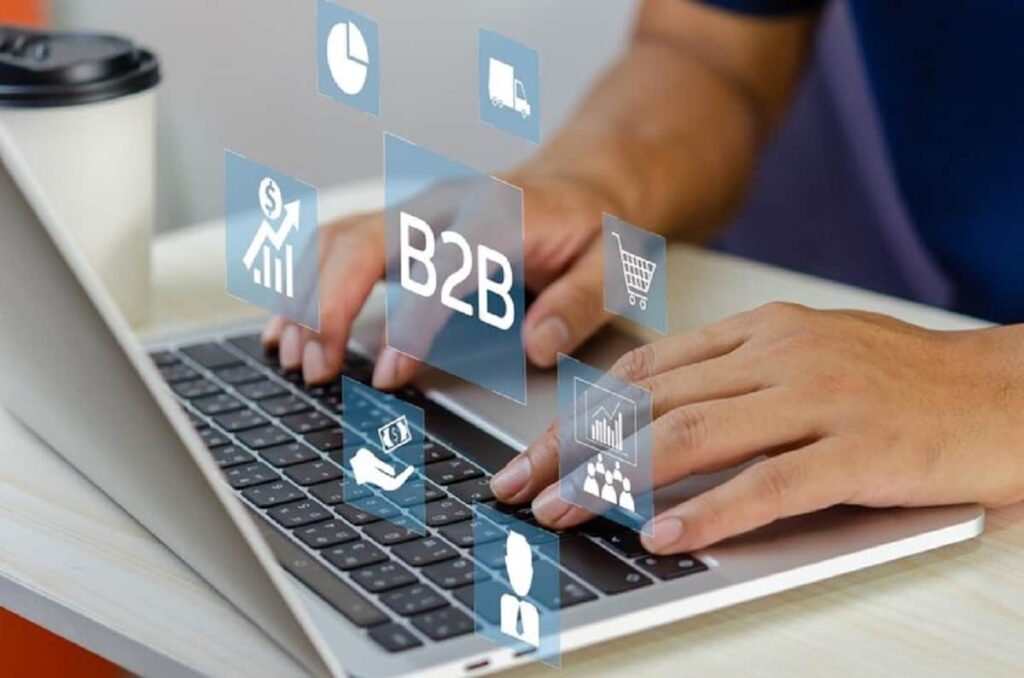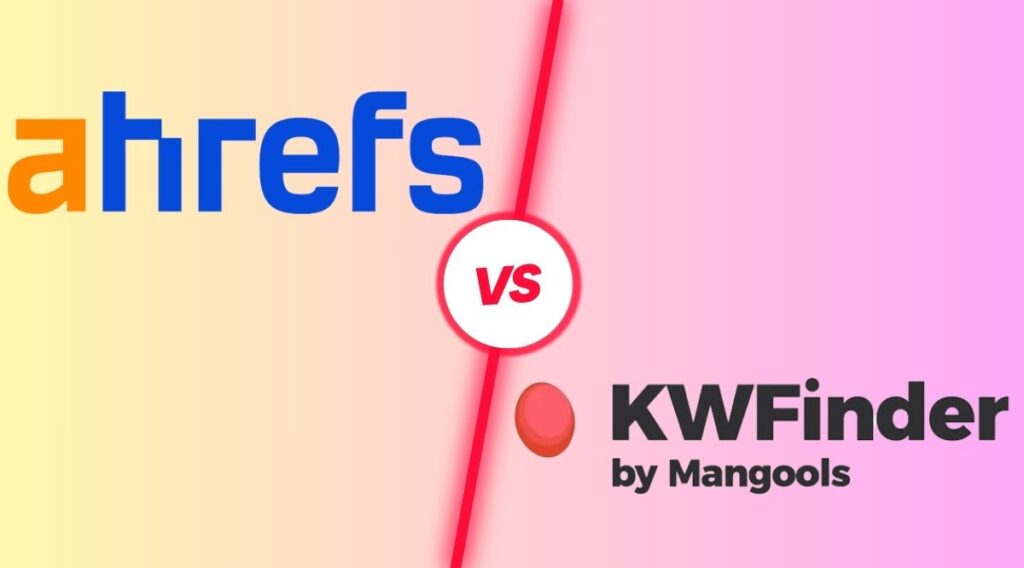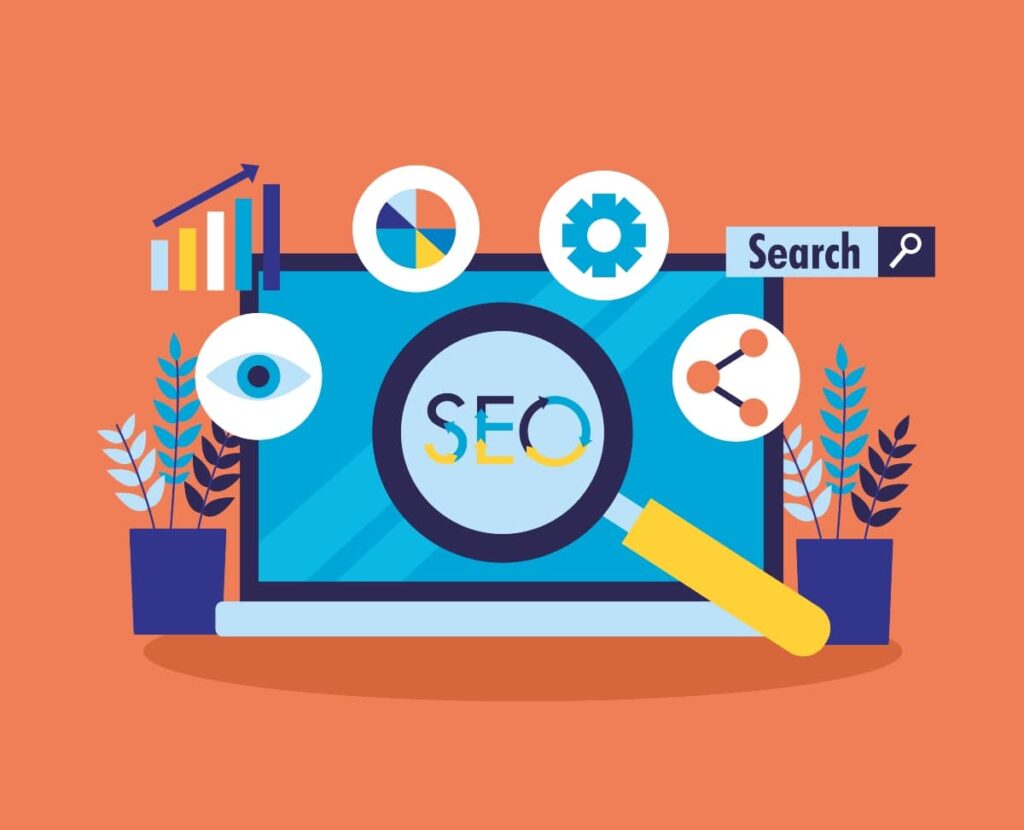In today’s digital-first world, businesses are constantly seeking ways to streamline operations, improve efficiency, and deliver personalized experiences at scale. One of the most transformative technologies making this possible is enterprise marketing automation. If you have ever wondered what is enterprise marketing automation and how it empowers large organisations to connect with audiences more intelligently, you are not alone. Many decision-makers and marketing leaders are actively exploring how automated platforms can unify complex marketing activities, reduce manual effort, and drive measurable results across global teams.
This comprehensive guide will take you beyond the basics. We’ll explore how automation functions in large enterprises, why it is essential for scaling operations, the core benefits and challenges, and how businesses can harness its full potential. By the end, you will not only understand the concept but also see how it plays a pivotal role in shaping customer relationships and revenue growth for enterprise-level organisations.
Understanding the Concept of Enterprise Marketing Automation
At its core, automation refers to the use of technology to simplify and manage repetitive tasks. But when applied at an enterprise level, the concept expands significantly. Unlike small-scale tools designed for startups or individual campaigns, enterprise solutions are built for organisations that handle vast customer bases, multiple teams, and complex business models.
These platforms integrate marketing activities across channels — including email, social media, advertising, content management, and customer relationship systems — creating a unified ecosystem. The objective is not only to save time but to ensure that every engagement with a prospect or customer is timely, relevant, and data-driven.
Large enterprises often face challenges such as fragmented data, siloed teams, and inconsistent communication. Automation addresses these gaps by bringing everything together into one streamlined process. From generating leads to nurturing them through personalised campaigns and measuring outcomes, it provides the backbone for modern enterprise marketing strategies.
Why Enterprises Need Advanced Marketing Automation
The marketing landscape is no longer simple. Consumers expect personalisation, immediacy, and seamless interactions across every touchpoint. For enterprises operating at a massive scale, delivering on these expectations manually is nearly impossible.
Rising Complexity of Customer Journeys
Modern buyers do not follow a linear path. They interact with brands across websites, mobile apps, emails, chatbots, events, and social media. Without automation, it becomes difficult to track, manage, and respond to these interactions in real time.
Global Operations and Multiple Teams
Enterprises often operate across countries with diverse teams handling different markets. Automation ensures consistency in branding, communication, and strategy while allowing localisation where necessary.
Demand for Data-Driven Decisions
Today’s enterprises thrive on analytics. Automated platforms provide actionable insights by consolidating data from various sources, enabling leaders to make informed decisions rather than relying on guesswork.
Key Features of Enterprise-Level Automation Platforms
To truly understand the value, it’s important to break down the features that set enterprise-grade tools apart from standard marketing software.
1. Cross-Channel Campaign Management
These platforms enable businesses to plan, execute, and track campaigns across multiple channels simultaneously. Whether through email, paid ads, or social networks, all activities are synchronised within one interface.
2. Advanced Lead Scoring and Nurturing
By tracking user behaviour and engagement, automation assigns scores to leads, helping sales teams prioritise high-value prospects. Automated nurturing workflows then guide leads through the funnel with personalised content.
3. AI-Powered Personalisation
AI and machine learning capabilities help tailor campaigns to individual preferences. From product recommendations to personalised messages, enterprises can engage audiences at a deeper level.
4. Robust Integration with Enterprise Systems
Integration with CRMs, ERP platforms, and data warehouses ensures seamless collaboration across departments. Marketing, sales, and customer service teams all access the same insights, fostering efficiency and alignment.
5. Comprehensive Analytics and Reporting
Automation provides detailed metrics on campaign performance, customer behaviour, and revenue attribution. These insights are critical for refining strategies and justifying ROI.
Also Read: How to Start Social Media Marketing for Business Growth
Benefits of Enterprise Marketing Automation

Investing in automation at scale provides multiple advantages beyond simple time savings.
Improved Efficiency Across Departments
By automating repetitive tasks such as email scheduling, lead distribution, and data entry, employees can focus on strategic and creative work. This leads to higher productivity across marketing, sales, and support teams.
Enhanced Customer Experiences
Automation ensures that customers receive the right message at the right time, creating seamless and personalised journeys. This level of engagement strengthens brand loyalty and increases retention rates.
Better Alignment Between Marketing and Sales
Enterprises often face challenges aligning marketing and sales functions. Automation bridges the gap by ensuring both teams share real-time data on leads, interactions, and conversions.
Scalability for Global Growth
As enterprises expand into new markets, automation allows them to scale campaigns without duplicating effort. Multi-language support, compliance features, and localisation tools ensure global consistency.
Data-Driven ROI Measurement
Executives require clear evidence of marketing’s contribution to revenue. Automation platforms provide dashboards that highlight ROI, helping justify budgets and optimise strategies.
Challenges in Implementing Enterprise Automation
While the advantages are clear, implementing automation at scale is not without hurdles.
Integration Complexity
Enterprises often operate on a mix of legacy systems and modern tools. Integrating these seamlessly into one platform requires careful planning and significant resources.
Cost and Resource Investment
Enterprise-grade automation platforms can be expensive, both in terms of licensing and ongoing management. Businesses must ensure they have the right talent and strategy to extract value.
Organisational Change Management
Shifting to automation requires cultural adaptation. Employees need training, and leadership must advocate for change to overcome resistance.
Data Privacy and Compliance
With global operations come diverse regulatory requirements. Automation systems must be designed to comply with GDPR, CCPA, and other regional laws to protect customer data.
Use Cases: How Enterprises Apply Automation Effectively
Automation is not a one-size-fits-all tool. Enterprises leverage it in diverse ways depending on industry, goals, and customer expectations.
- B2B Enterprises use it to nurture long sales cycles with highly personalised, account-based campaigns.
- Retail and E-commerce Brands employ automation for product recommendations, cart recovery emails, and loyalty programs.
- Financial Institutions use it to deliver secure, compliant communications while maintaining personalised customer experiences.
- Healthcare Providers rely on automation to send appointment reminders, health tips, and patient engagement campaigns.
These use cases highlight the versatility of automation across industries and demonstrate why it has become an indispensable component of enterprise strategy.
Best Practices for Successful Implementation
For enterprises planning to adopt automation, success lies not just in the technology but in the approach.
- Define Clear Objectives – Establish measurable goals, whether it’s lead generation, customer retention, or improved reporting.
- Start Small, Scale Fast – Pilot automation in one area before expanding across departments.
- Invest in Training – Ensure teams understand the platform and how it aligns with their roles.
- Focus on Data Quality – Automation is only as strong as the data behind it. Clean, organised, and integrated data is critical.
- Measure and Refine Continuously – Regularly analyse performance and adjust workflows to optimise outcomes.
Related Article: How Can I Grow My Business with Digital Marketing?
The Future of Enterprise Marketing Automation

The future holds even more promise for automation, driven by innovations in AI, predictive analytics, and generative technologies. Enterprises will increasingly rely on platforms that not only automate tasks but also anticipate customer needs.
Hyper-personalisation, real-time engagement, and integration with emerging technologies such as voice assistants and IoT devices will redefine customer experiences. Additionally, as global data regulations evolve, platforms will enhance compliance and security features to protect trust.
The organisations that embrace these advancements early will not only streamline operations but also create sustainable competitive advantages in their industries.
Conclusion
Understanding what is enterprise marketing automation goes beyond viewing it as a simple tool. It is a transformative framework that redefines how large organisations engage customers, manage data, and drive growth. By unifying marketing efforts, enabling scalability, and enhancing personalisation, it empowers enterprises to stay competitive in an increasingly complex digital landscape.
At IT Leadz, we believe the journey toward successful automation requires careful planning, investment, and cultural alignment. Yet the rewards — from improved efficiency to stronger customer relationships and measurable business impact — make it an essential strategy for enterprises seeking long-term success.
Frequently Asked Questions
How does enterprise-level automation differ from standard marketing automation?
Enterprise automation is designed for large organisations with complex processes, multiple teams, and global campaigns. Unlike basic tools, it integrates deeply with CRM, analytics, and sales platforms, enabling seamless coordination at scale.
Can automation improve customer engagement in large businesses?
Yes, it allows enterprises to deliver highly personalised messages across multiple touchpoints. By using data-driven insights, companies can nurture stronger relationships and build loyalty while reducing manual effort.
Is marketing automation only useful for lead generation?
Not at all. While lead nurturing is important, automation also supports customer retention, upselling, cross-selling, and long-term engagement strategies, making it essential for sustained business growth.
What industries benefit the most from enterprise automation platforms?
Industries like e-commerce, financial services, healthcare, and B2B technology gain immense value. These sectors rely on large customer bases, complex sales funnels, and the need for consistent brand experiences.
How do businesses measure the success of enterprise automation?
Success is measured through improved campaign performance, higher conversion rates, reduced operational costs, and stronger customer satisfaction. Analytics dashboards and reporting tools provide visibility into ROI.










